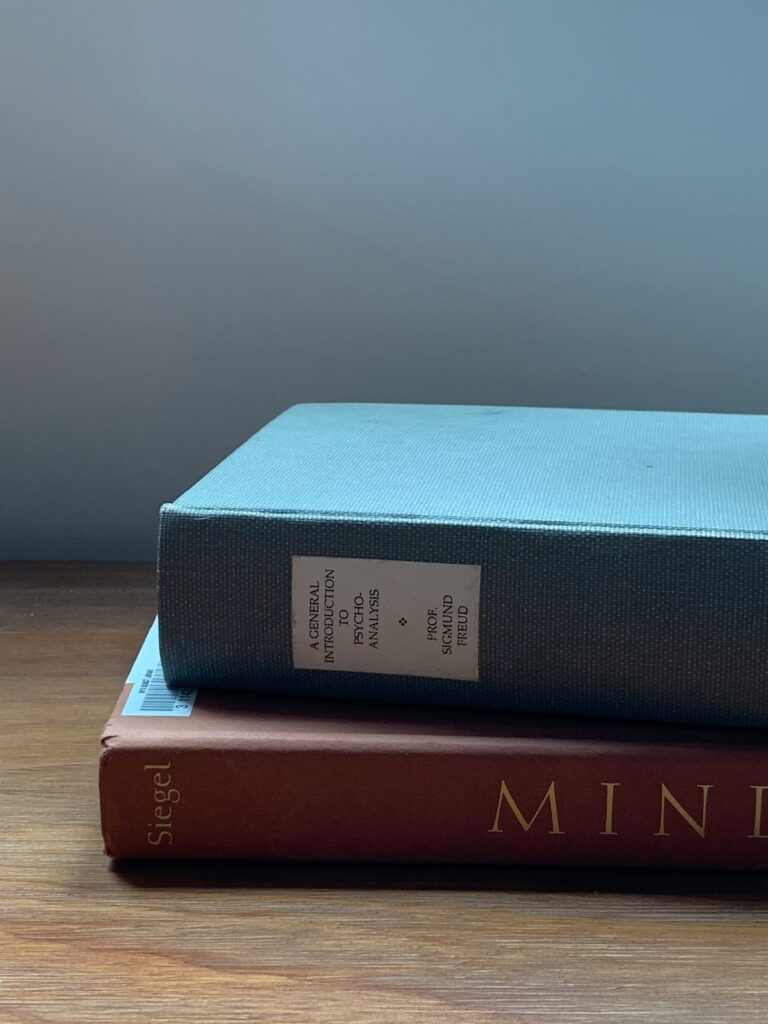Practice makes perfect, right?
We’ve been taught that practice, practice, practice is how we learn… but is it really? Science says no.
I hate to be the bearer of bad news, but all those late night cram sessions in college probably didn’t help you any. Contrary to popular belief, repeatedly re-reading textbooks and re-writing notes doesn’t really do much for long-term mastery. It might have given you a tiny benefit over doing nothing if you crammed right before a test, but I promise it didn’t help you commit the subject to memory.
Just ask any parent who’s tried to help their kid with middle school math. I was a straight A student in my day, all the way through college calculus. And yet, I used Google far more than I’d like to admit while trying to help my kid with their homework. What’s the area of a rhombus? How do you cross multiply fractions? What’s the difference between sin, cos, and tan? I’m not sure who cried more.
If massed practice doesn’t actually drill things into memory, then you might be asking yourself why we’ve all been trained to think it does. And even more importantly, what does help us master a subject for the long haul?
Massed practice feels productive in the moment and it feeds our fluency illusion, or the idea that being familiar with something makes us inaccurately believe we have mastered it. If we can recite a fact or demonstrate a technique repeatedly without error, we are prone to assume that we have mastered that learning. The problem though, is that we quickly forget much of what we learn. So while I could identify all of the countries in Africa for a week in 6th grade, I’m not sure how many I could identify now.
The “use it or lose it” idea isn’t totally wrong. You see, it’s not the repetition that makes learning stick so much as it’s our ability to make and reinforce new neural connections. The key difference here is that we have to let ourselves forget a little and then effortfully try to recall the thing we already learned. This is called spaced retrieval. Spaced retrieval allows our brains time to consolidate and reconsolidate memory before each practice session. Memory consolidation “makes room” for us to take in new information and focus on whatever our brain finds most important in the moment. This is how we create new neural connections. Think of it like building a new habit. I can’t just spend four hours practicing mindfulness today and assume I’ve figured out how to make that a habit for the rest of my life. I have to remember (effortfully recall) to intentionally be mindful day over day (spaced practice) in order for it to become a habit that I have mastered.
The other reason effortful spaced retrieval is so effective is that it allows us to introduce generation and elaboration into our learning. Generation is exactly what it sounds like, trying to come up with ideas, solutions, or other types of information. Elaboration is where we take what we already know and connect it to the new ideas we are learning. For example, I learned Spanish in high school but then didn’t use it for several years until I started waiting tables. When I tried to speak in Spanish, I was certainly rusty (I’d forgotten much as we would expect). However, I was able to remember some basic grammar rules and then connect them to new words I was learning from some of my coworkers. The more I tried to practice, the more I started correctly guessing words and phrases. My brain was able to generate solutions for words I hadn’t been previously taught by elaborating on the patterns I did know.
Okay, but that sounds really hard. Isn’t there an easier way to master things?
Actually, no. The fact that these practices are effortful is part of their effectiveness. Repeatedly rereading text is tedious, but easy. And you know what our brains do? Tune out. Having someone quiz you with flash cards so that you have to recall from memory requires far more mental attention. It’s also far more effective for learning.
That doesn’t mean that learning something has to feel so much harder. It just means you have to approach your time differently. Start early and spread out your study sessions. Rather than trying to memorize facts, take time to explain the concepts you’re learning to someone else (recall and elaborate). Create flash cards and have a study partner quiz you periodically. Mix up the cards every time. Study two subjects at once (this is called interleaving). This forces you to take breaks from each topic while also improving your overall capacity for learning. The more you can effortfully recall things and attempt to connect them to everything else you know as you toggle between topics, the more you will learn and master overall.
I didn’t fail the test, I just found 100 ways to do it wrong.
Benjamin Franklin
I’ll leave you with Benjamin Franklin, who is attributed with saying, “I didn’t fail the test, I just found 100 ways to do it wrong.” Franklin understood that the key to mastery is to generate ideas, try them, then elaborate on the results and start again. As a politician, inventor, and author, he also spent plenty of time switching between learning domains. He didn’t have an Instagram, but if he did, we could say he certainly knew how to #worksmarternotharder.
Let me know in the comments how you plan to work smarter in your own studies. Read more on evidence based learning strategies.




Wow! Your blog is looking great!
Thank you!
This was an awesome read, thanks for laying out these concepts of learning and memory so clearly. A great example of elaboration, I bet the process is solidifying your learning!
Thanks for taking time to read my post Katie!